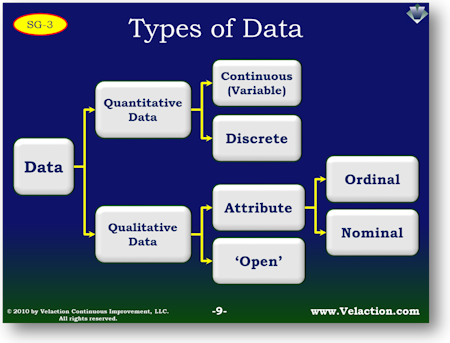Dunning-Kruger Effect
The Dunning-Kruger effect is a type of cognitive bias (creation of one’s own reality) in which people with limited skills or ability or knowledge tend to overestimate their actual performance level. In other words, this is the psychological term that explains the old adage, “You don’t know what you don’t Read more…





